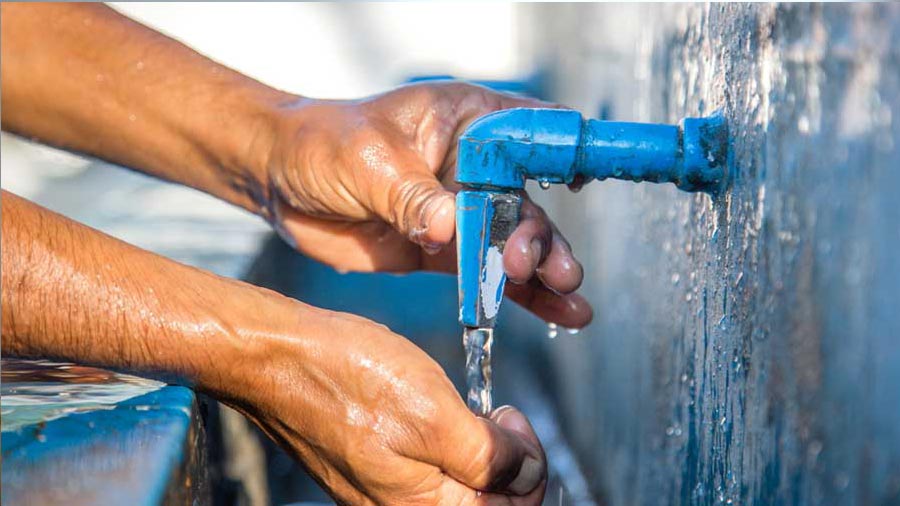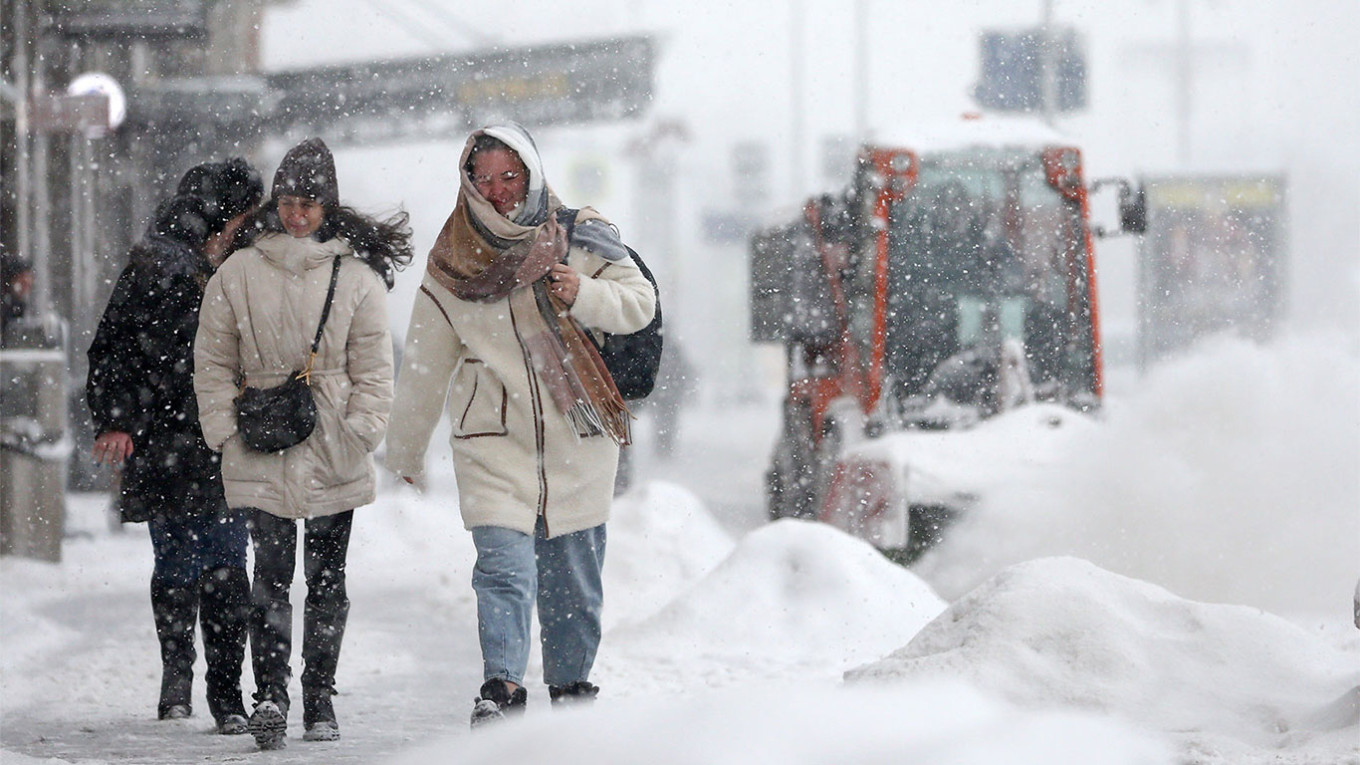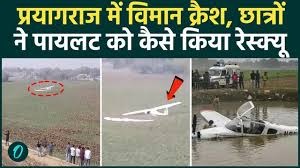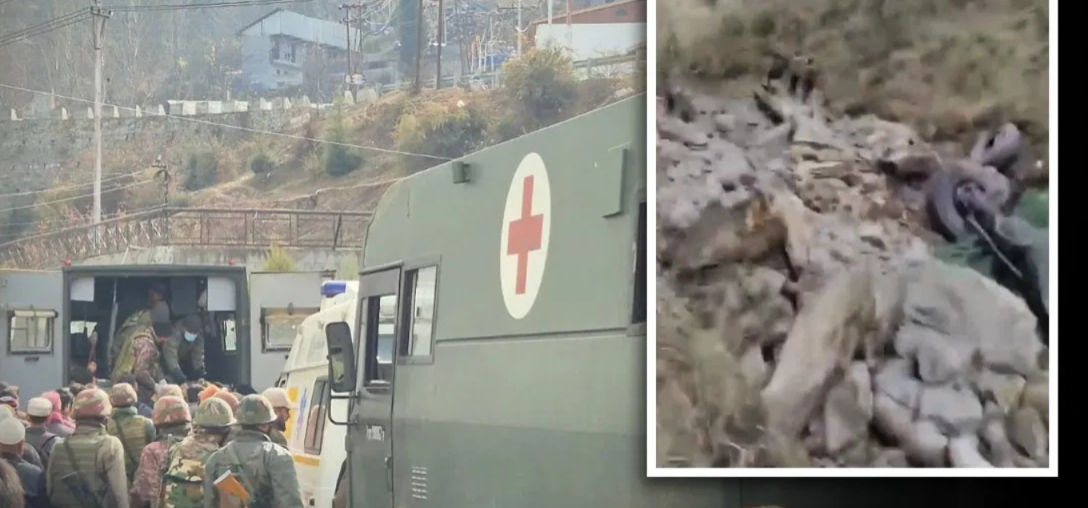India Faces Looming 'Day Zero' Droughts Amid Climate Change Crisis
- bykrish rathore
- 25 September, 2025
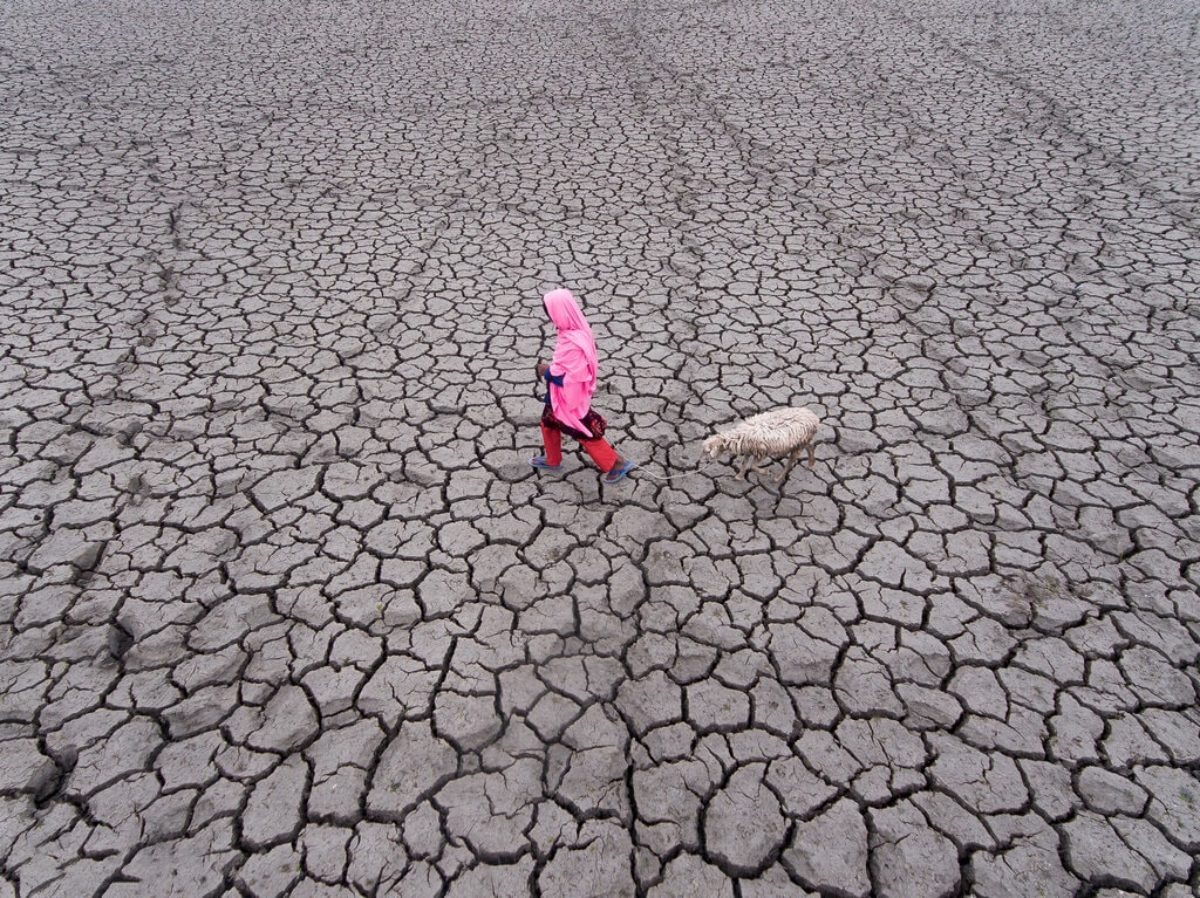
India is confronting an escalating water crisis exacerbated by climate change, threatening both rural and urban populations with 'Day Zero' drought conditions—the point at which water supplies are exhausted. Recent studies utilizing advanced climate models have highlighted the increasing vulnerability of regions worldwide, including India, to severe water shortages. These models project that by the end of this century, approximately 750 million people globally may face water scarcity, with rural areas in Asia, including parts of India, being particularly affected.
In India, the situation is dire. According to the Water Resources Information System, per capita water availability has declined from 5,200 cubic meters in 1951 to just 1,486 cubic meters in 2021, and it could fall to 1,191 cubic meters by 2050. NITI Aayog's district-level data indicates that 21 districts already face absolute water scarcity, a number projected to rise to 49 by 2050. States central to India's agricultural output—Punjab, Rajasthan, Tamil Nadu, and Haryana—are severely overexploiting groundwater resources.
The agricultural sector is particularly vulnerable, with approximately 68% of India's cultivated farmland being drought-prone. The southern region is reported to be the worst affected, posing significant risks to food security and agricultural sustainability. This growing threat underscores the urgent need for adaptive strategies and sustainable agricultural practices to combat the worsening impact of droughts.
Urban centers are not immune. Cities like Delhi and Bangalore are experiencing severe water shortages, with groundwater levels depleting rapidly due to over-extraction and inadequate recharge. These urban areas are at risk of facing 'Day Zero' conditions, where taps run dry, and residents are forced to rely on alternative water sources.
The implications of these developments are profound. Water scarcity can lead to crop failures, food insecurity, health crises, and mass migrations. The economic impact is also significant, with potential GDP losses in India due to water stress. Addressing this crisis requires immediate action, including implementing efficient water management practices, investing in sustainable agriculture, and enhancing water conservation efforts.
Experts emphasize the need for integrated water resource management, improved infrastructure, and policy reforms to mitigate the impact of climate-induced water scarcity. Without concerted efforts, India and other vulnerable regions may face unprecedented challenges in securing water for future generations.
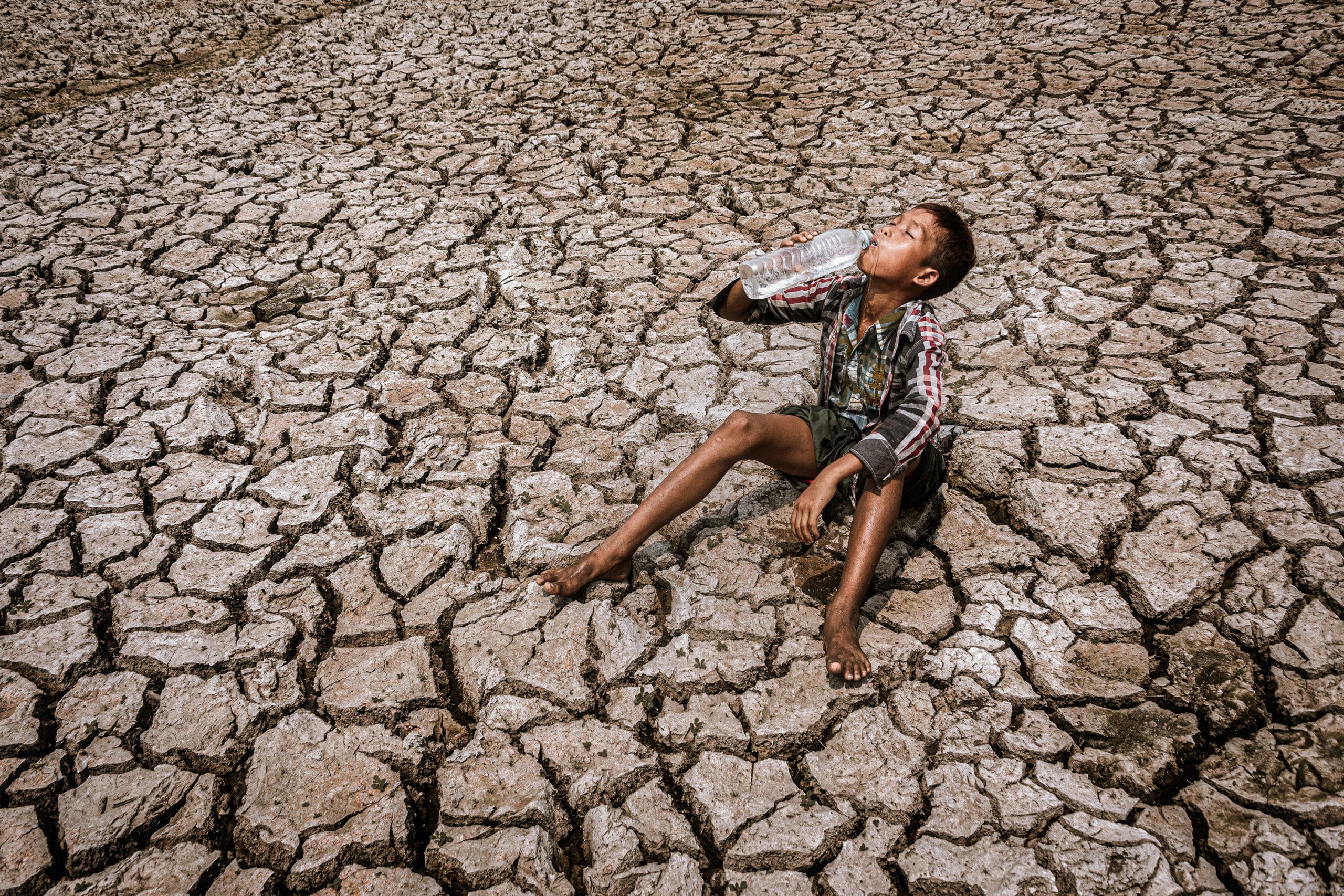
Note: Content and images are for informational use only. For any concerns, contact us at info@rajasthaninews.com.
"इको-फ्रेंडली इनोवेश...
Related Post
Hot Categories
Recent News
Daily Newsletter
Get all the top stories from Blogs to keep track.




